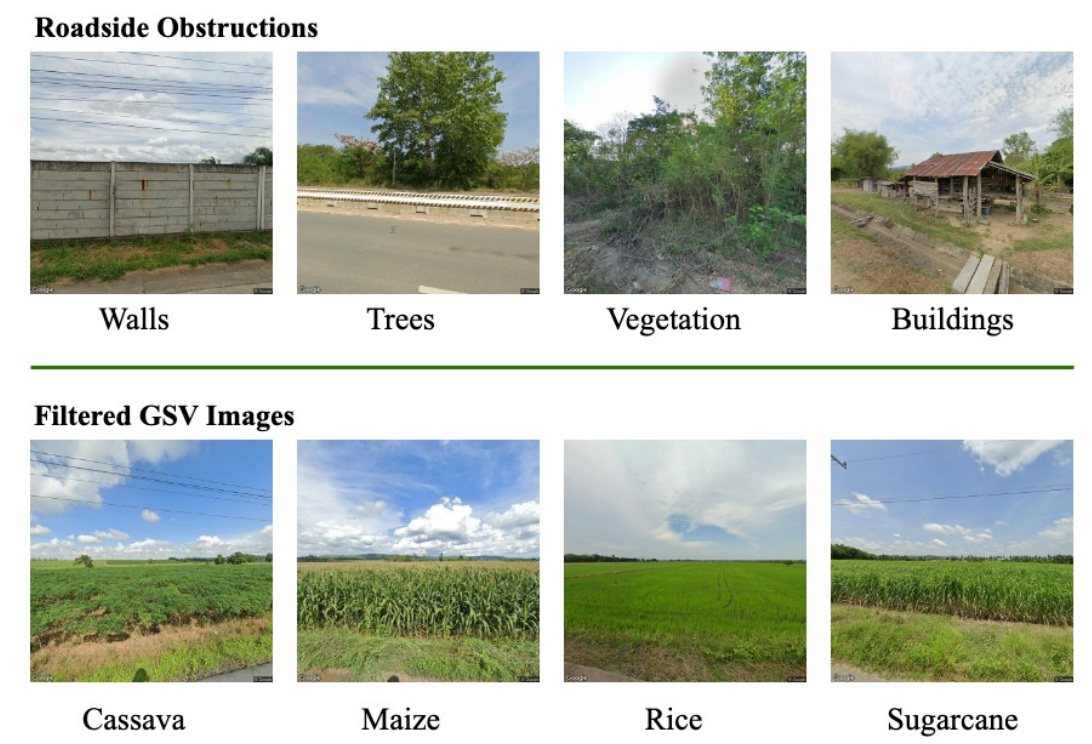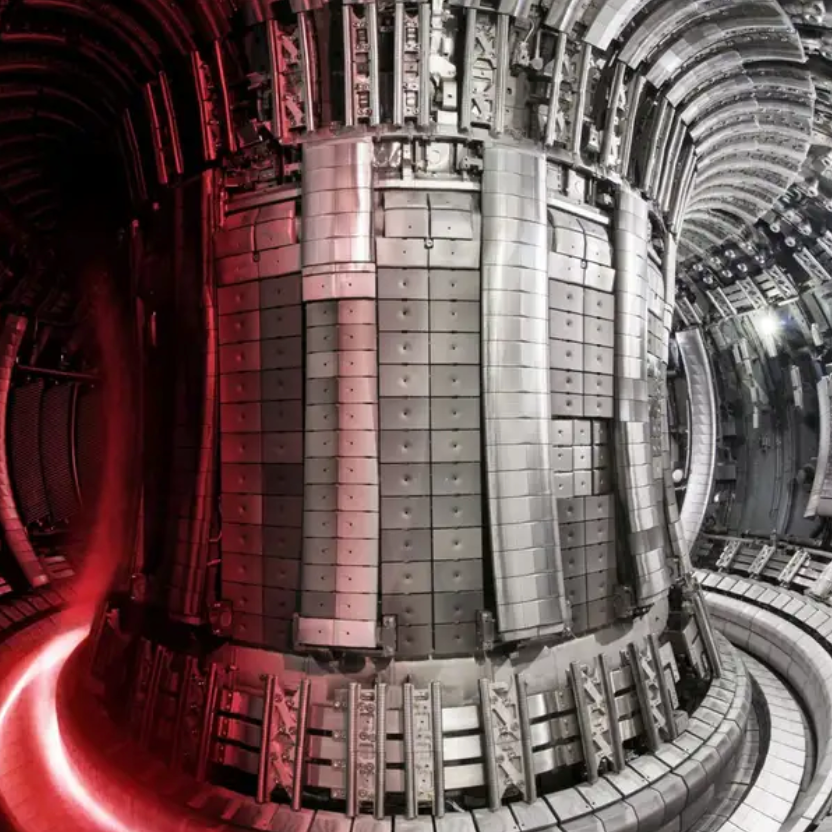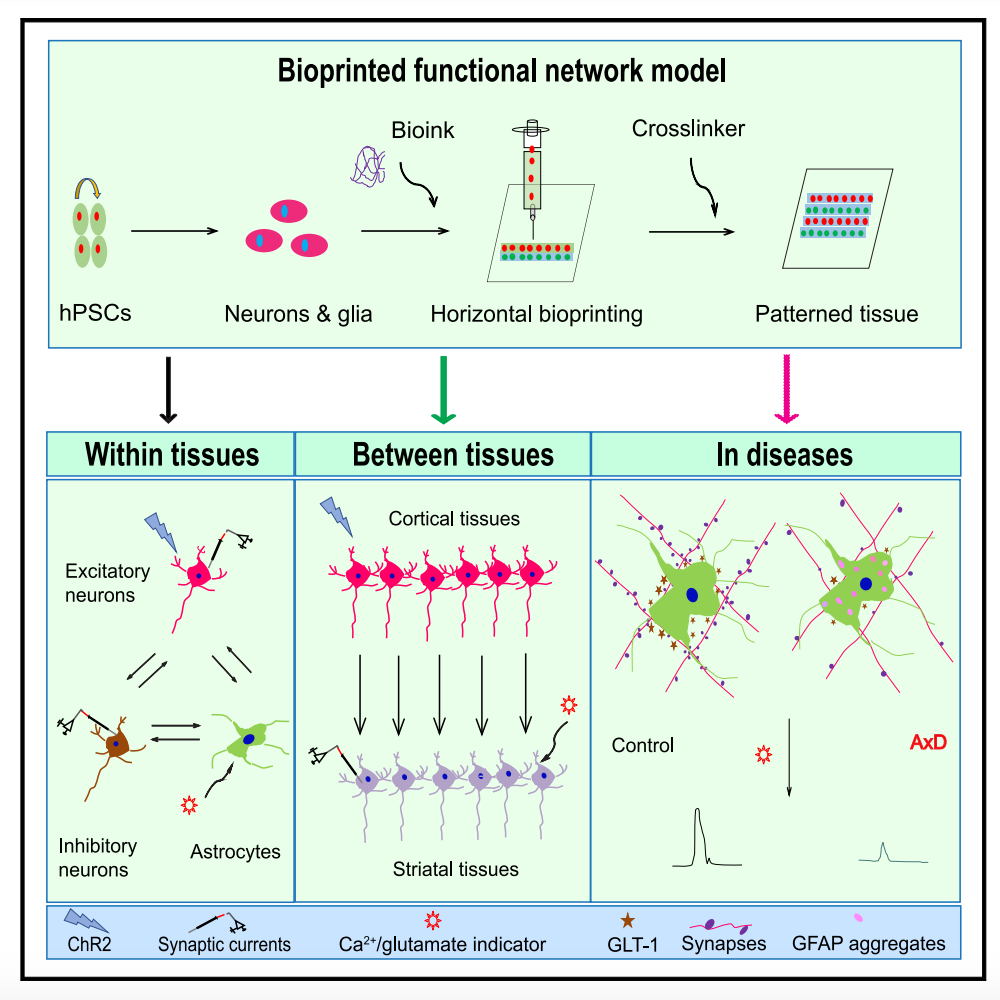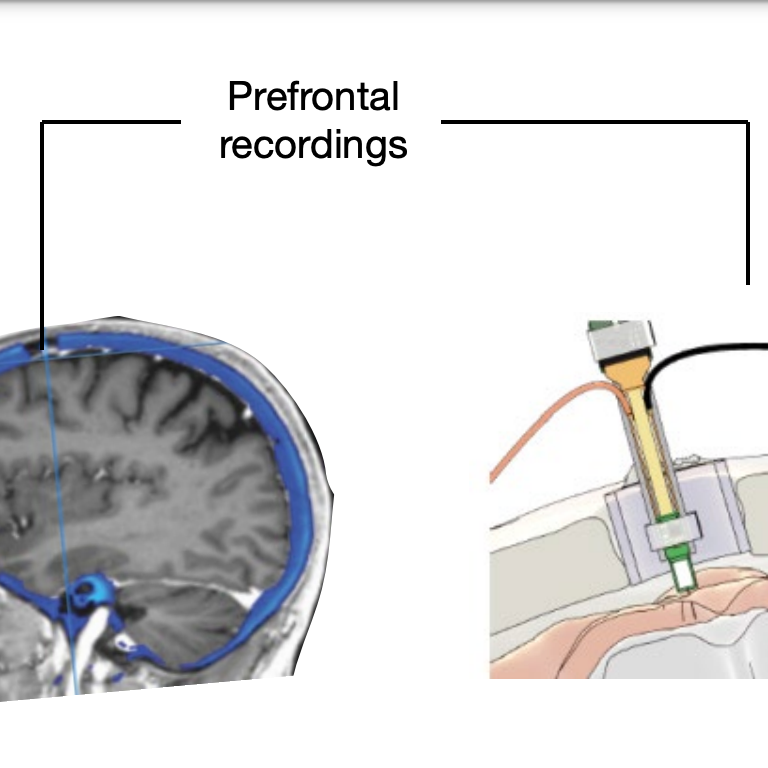University of Pennsylvania engineers have developed a new chip that radically accelerates processing by using light waves rather than electricity to perform the complex math essential to training AI.
The silicon-photonic (SiPh) chip has the potential to accelerate the processing speed of computers while also reducing their energy consumption, according to the researchers.
Vector-matrix math at speed of light
The innovation, based on Professor Nader Engheta’s pioneering research in manipulating materials at the nanoscale to perform mathematical computations using light, is a platform for performing vector-matrix multiplication. This is a core mathematical operation in the development and function of neural networks, the computer architecture that powers today’s AI tools.
In a paper in Nature Photonics, Engheta’s group, together with that of Firooz Aflatouni, Associate Professor in Electrical and Systems Engineering, describe the development of the new chip. They explain that instead of using a silicon wafer of uniform height, the chip uses variations in height to control the propagation of light through the chip. That causes light to scatter in specific patterns, allowing the chip to perform mathematical calculations at the speed of light.
Potential use in GPUs
The design could potentially be adapted for use in graphics processing units (GPUs), the demand for which has skyrocketed with the widespread interest in developing new AI systems.
In addition to faster speed and less energy consumption, many computations can happen simultaneously, so there will be no need to store sensitive information in a computer’s working memory, rendering a future computer powered by such technology virtually unhackable.
This study was conducted at the University of Pennsylvania School of Engineering and Applied science and supported in part by a grant from the U.S. Air Force Office of Scientific Research’s (AFOSR) Multidisciplinary University Research Initiative (MURI) and a grant from the U.S. Office of Naval Research (ONR).
Citation: Nikkhah, V., Pirmoradi, A., Ashtiani, F. et al. Inverse-designed low-index-contrast structures on a silicon photonics platform for vector–matrix multiplication. Nat. Photon. (2024). https://doi.org/10.1038/s41566-024-01394-2
Let us know your thoughts! Sign up for a Mindplex account now, join our Telegram, or follow us on Twitter.


.png)

.png)


.png)









